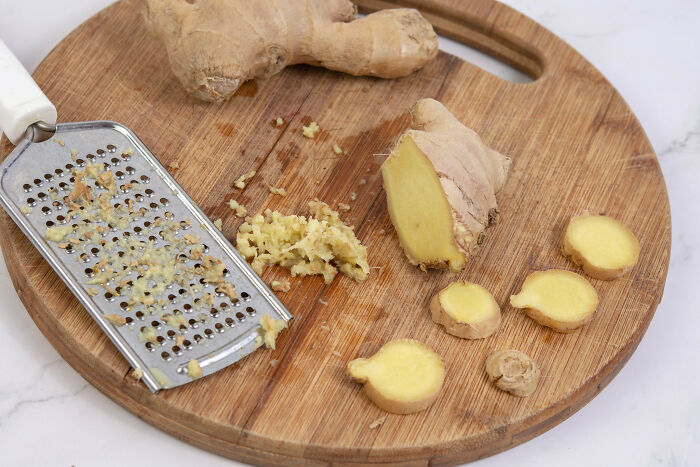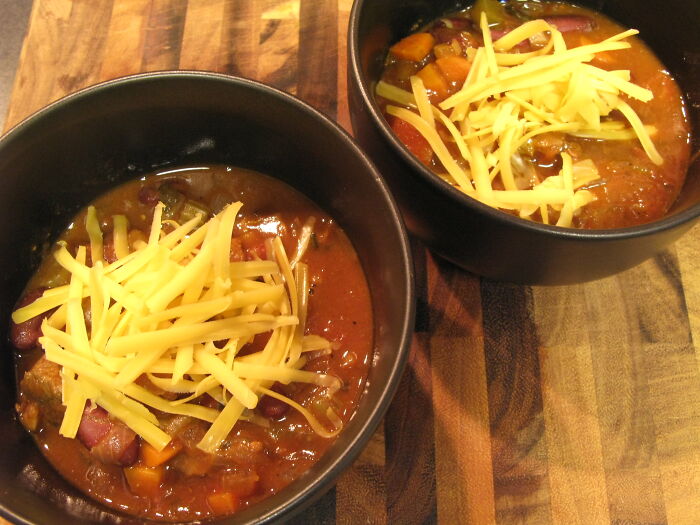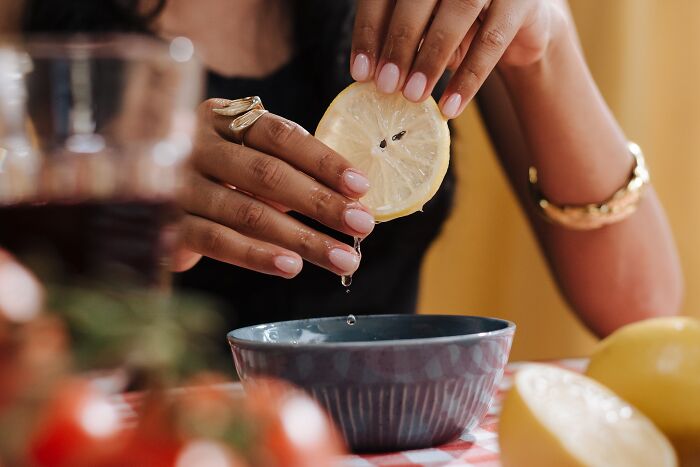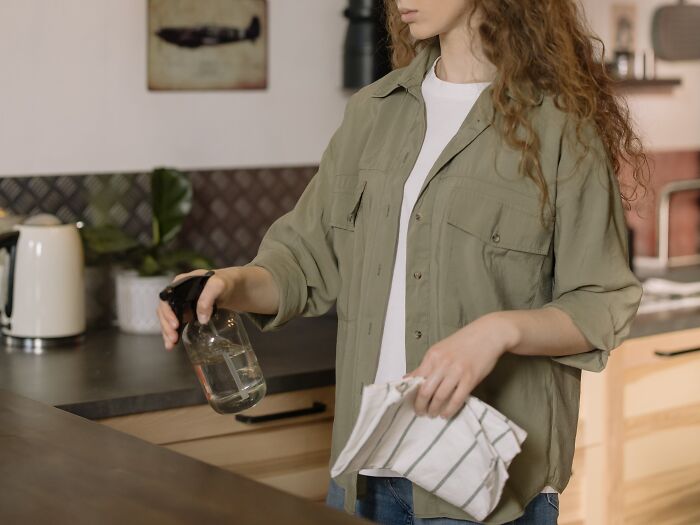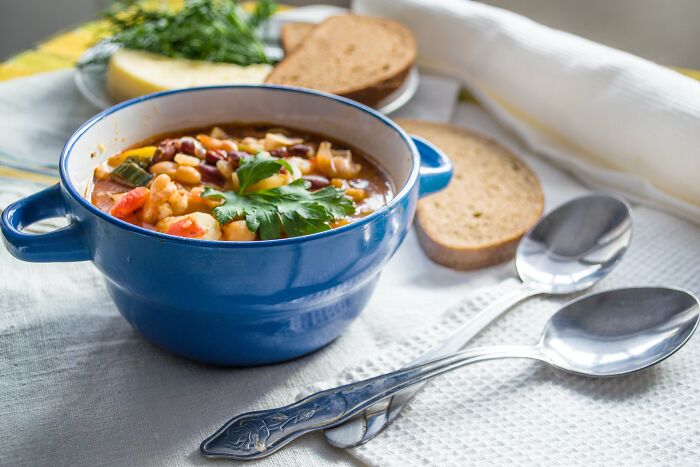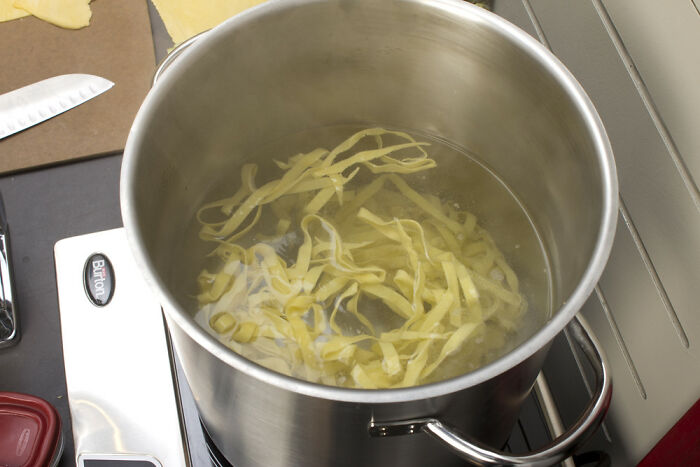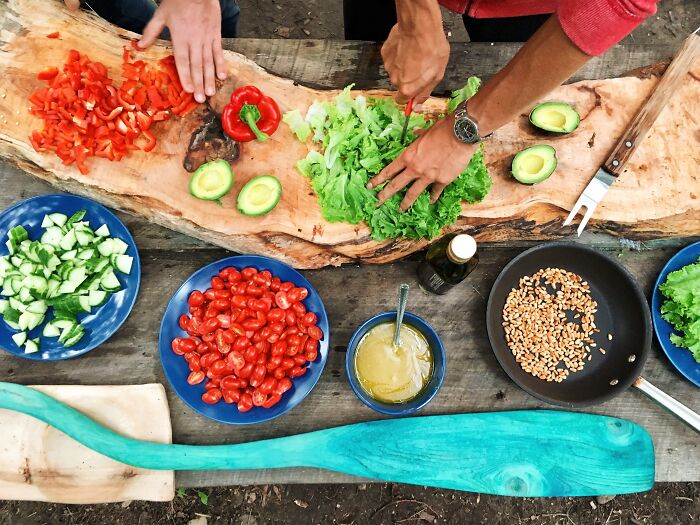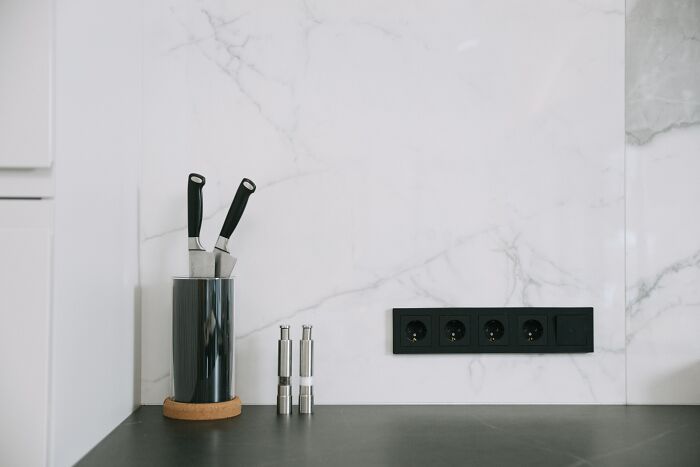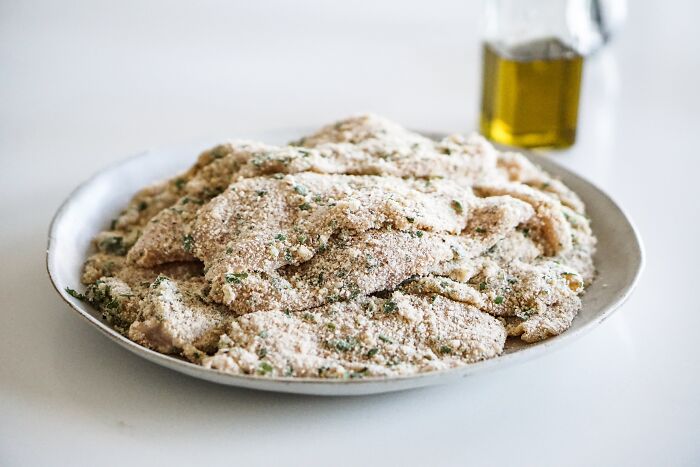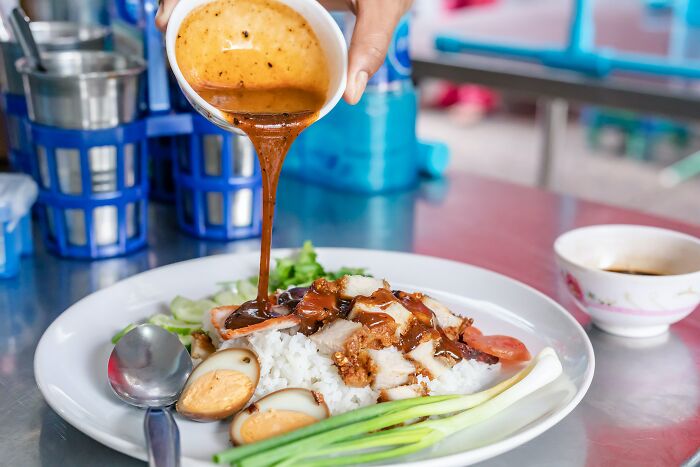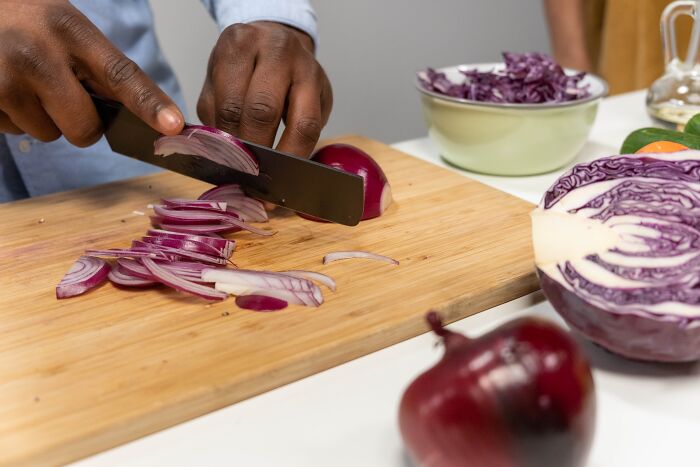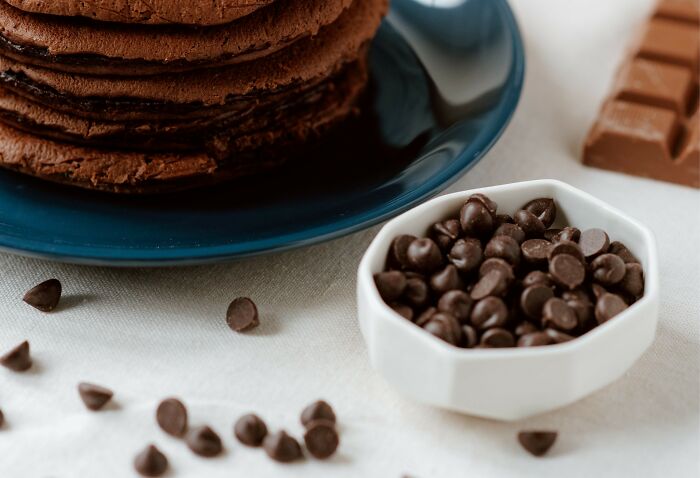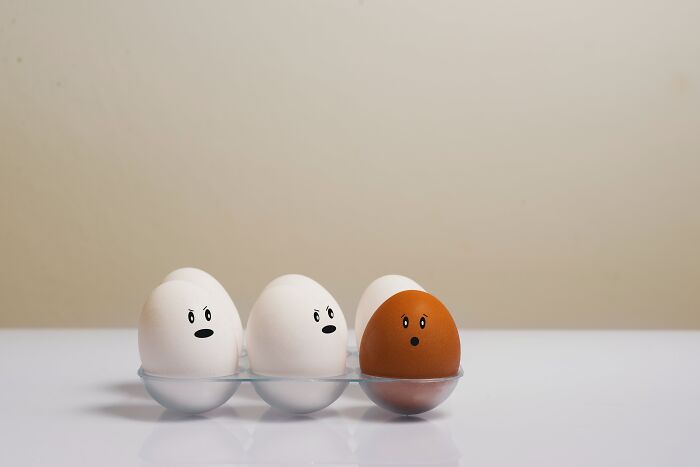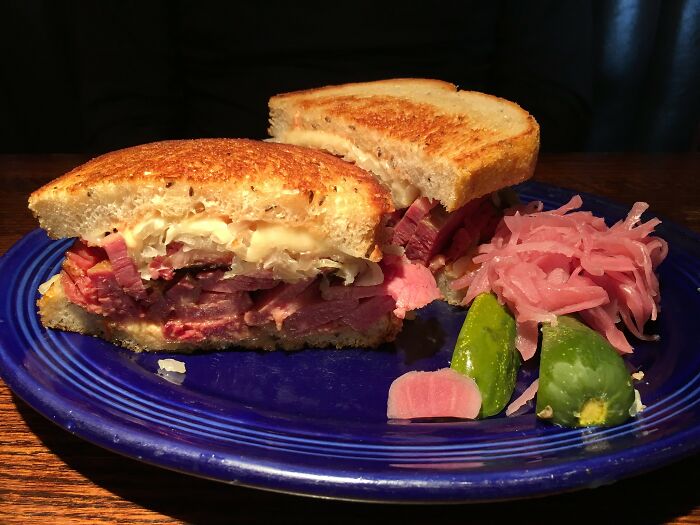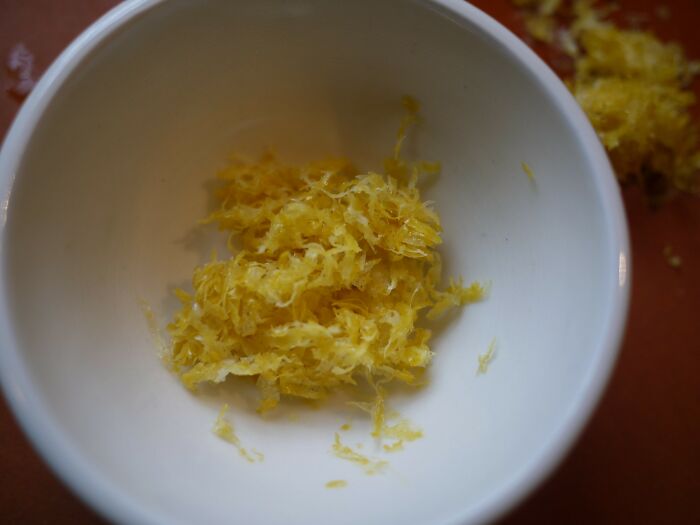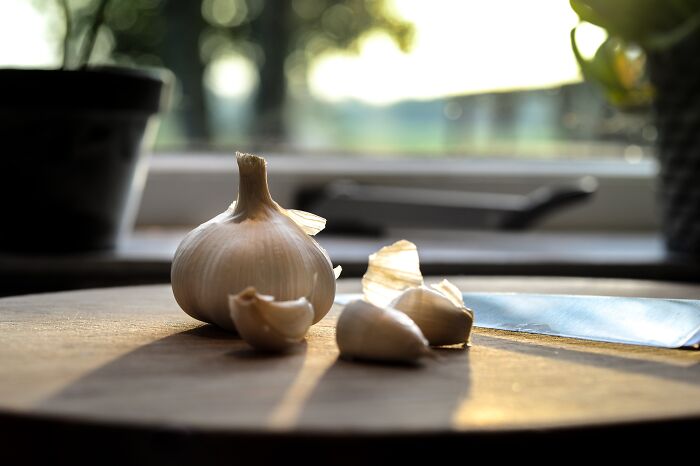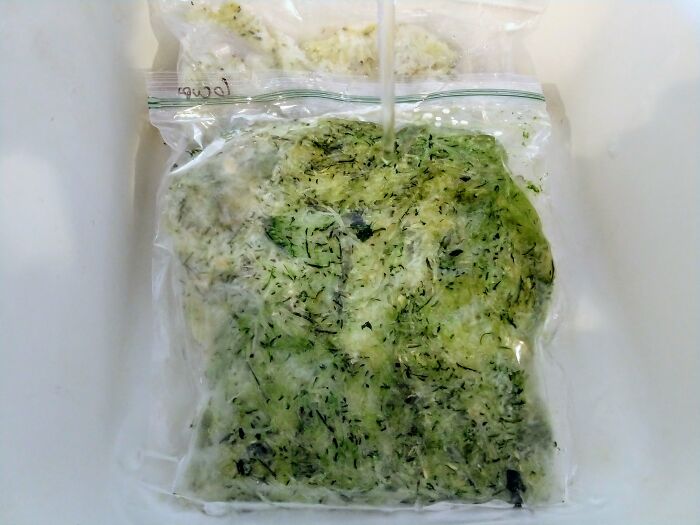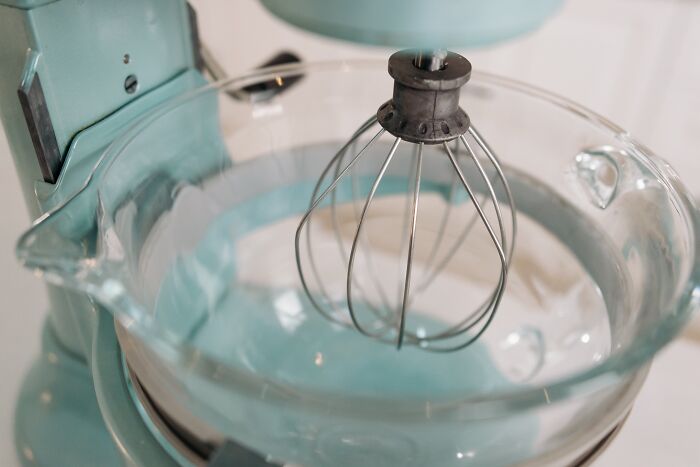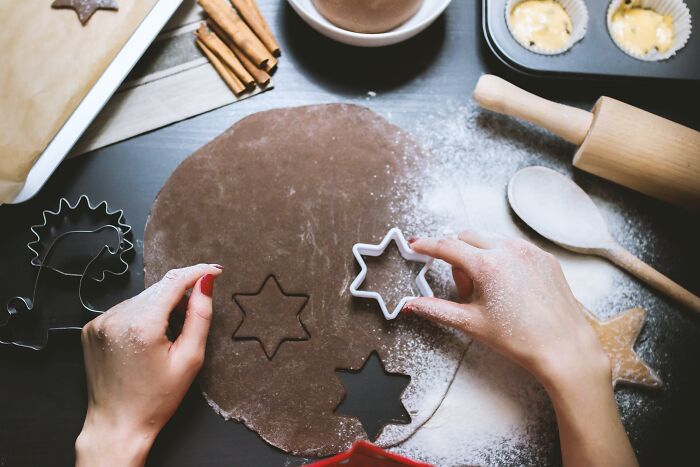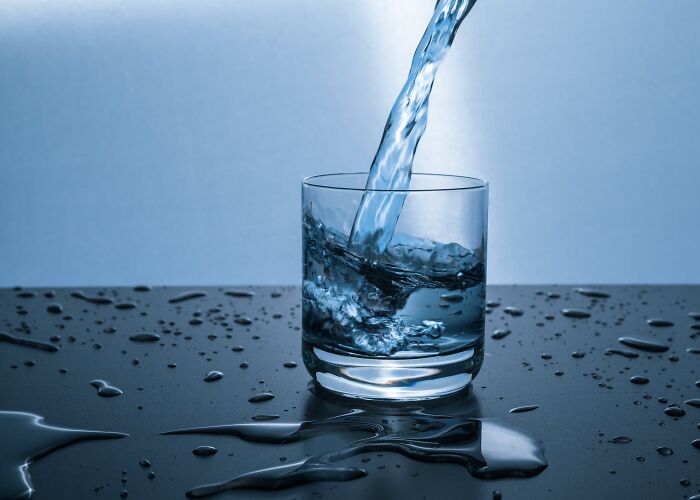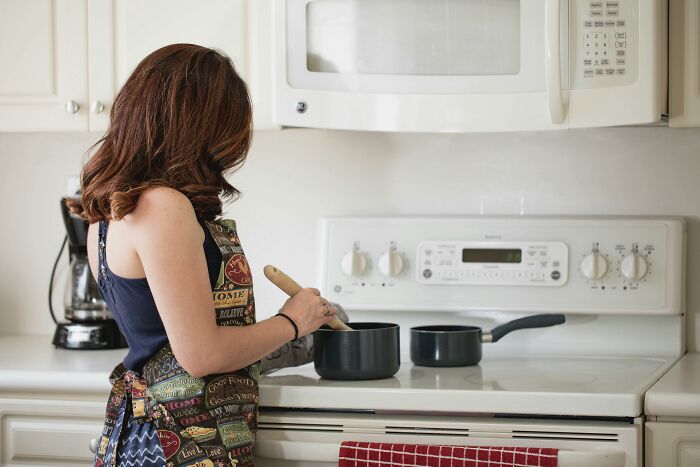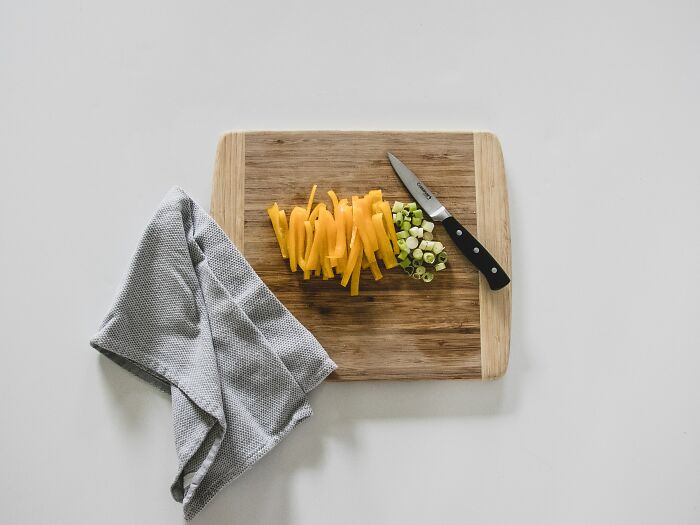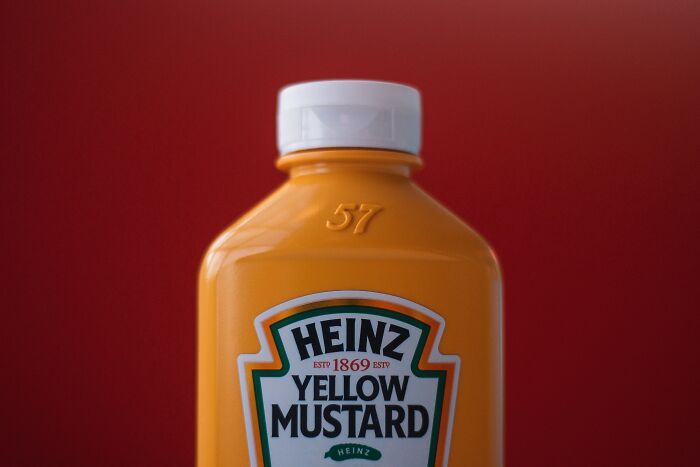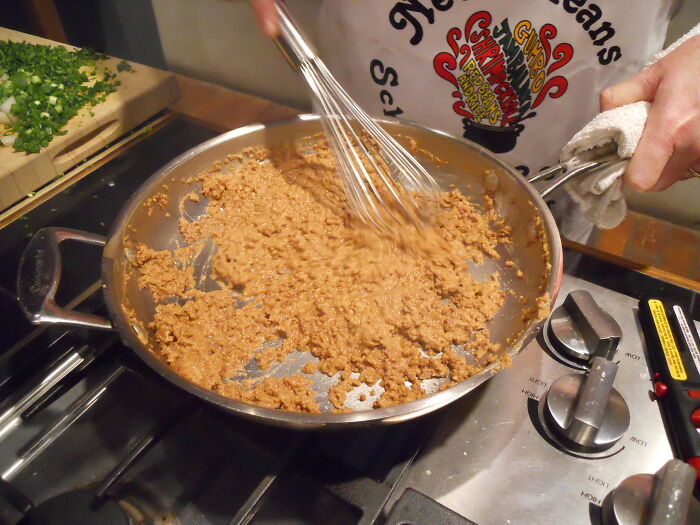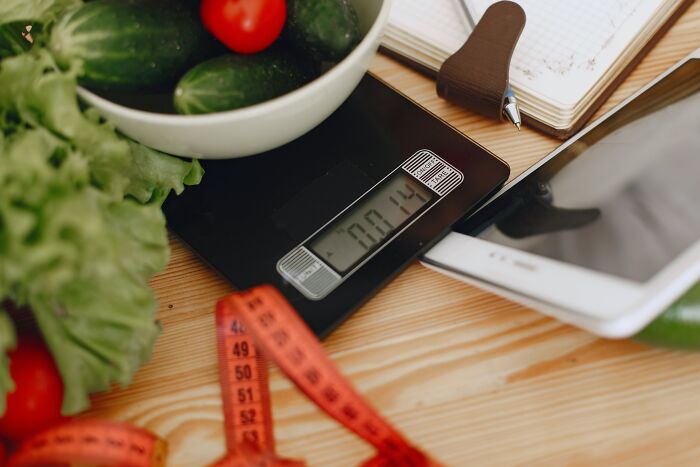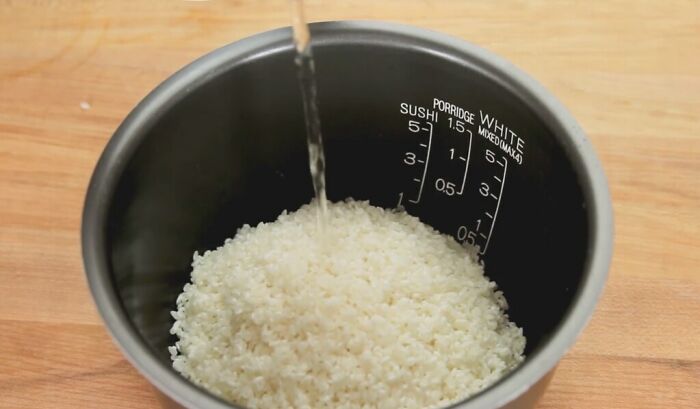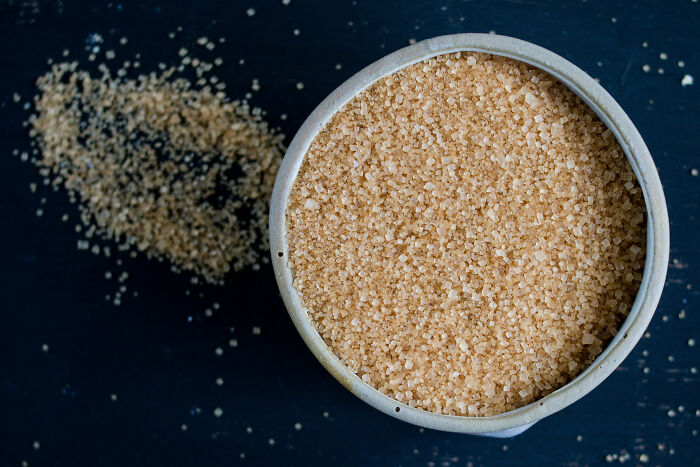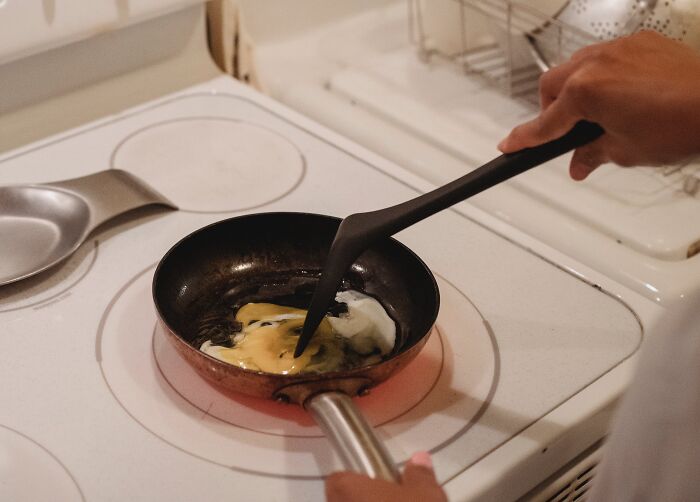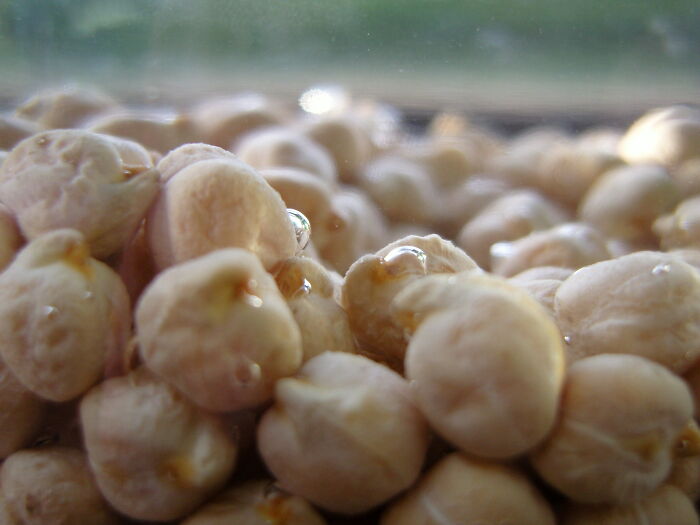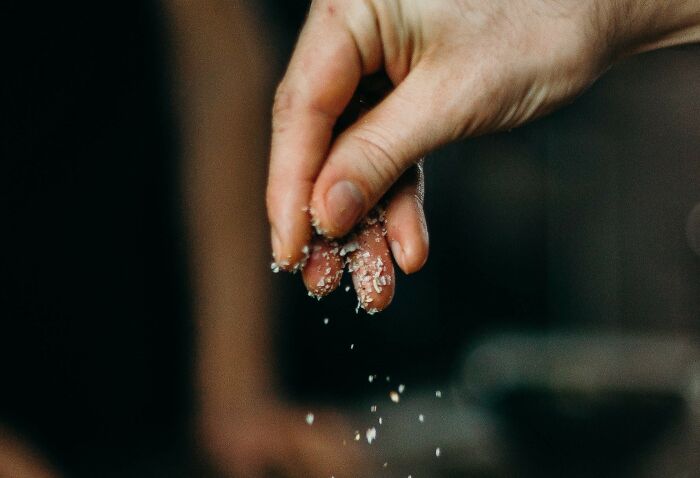Any activity feels better when done with knowledge and cooking is no exception. A good cooking tip may contribute to one’s sense of clarity and efficiency, in turn allowing more control and creativity. Similarly, one can learn from example, catching some inspiration as the author of this online thread did when participating in a hostess’s spontaneous “workshop” where guests took fifteen minutes to wrap “grab and go” sandwiches and were made to look at salad differently. People shared more of their cooking tips and tricks answering this Redditor’s question: “What was a lesson from the kitchen you learned that you wish someone had told you years ago?”
Do you have something to add? Please, share your thoughts and experiences in the comment section below!
More info: Reddit
This sub taught me to keep fresh ginger root in my freezer and just grate it with a microplane whenever I need some. Lasts longer, and I haven't peeled or minced a piece of ginger in years.
Edit: omg this is my most-upvoted comment ever lol. To answer the most common questions, no, I never peel it. I throw the whole root in there with no packaging whatsoever. Idk how long it stays good, but based on my experience so far, at least 6 months.Someone burned a 30+ portion pot of chili. Nasty char.
Was told not to mix it further, slowly pour it into another pot to keep the worse char at the bottom out. Then, add peanut butter. Completely neutralized the burnt flavor, returned the chili flavor. Was told it pretty much works for every sauce/stew.if something tastes good but feels like it's missing something you can't put your finger on, add acidity. i can't count how many times a squeeze of lemon or a splash of vinegar rounded out a dish perfectly. sometimes this also applies to sugar. just a dash. also, msg is a beautiful thing.Clean as you go.I was early in my cooking career when my chef asked me to make the Crew Meal. He walked me through what ingredients were available and suggested I make soup. I got flustered; I had never heard of a soup with those specific ingredients so I asked him a bunch of questions.
He cut me off and said "look, it's f****n soup. throw a bunch of s**t in a pot and it's gonna be delicious. Just think about when to add what and everything else will take care of itself." Since then, thanks to his advice I have made hundreds of delightful soups and zero s****y soups.Salting the pasta water. I always thought it couldn't make that big a difference. I finally tried it. OMG. Pasta is like an entirely different food when boiled in salted water.You don’t have to prepare the entire meal in one go. I always underestimate the time it takes to chop vegetables, so these days if I’m making a soup on Sunday for instance and I find myself with a free thirty minutes on Friday, I’ll wash, peel and chop all the vegetables on the Friday and keep them in the fridge in easy-to-clean leftover yogurt tubs until I need them. Then when I’m ready to cook on Sunday I can just start tossing veggies into the pan right away. It saves me from having to find an uninterrupted 2-hour period to do the entire process at once. I started doing a similar thing with spices — if I need a half teaspoon each of five different spices that need to get added to a recipe at or around the same time, I’ll put them all in a little teacup together whenever I find a free moment. Saves me having to root around in the cupboard for five different spice containers in the middle of cooking. I call this strategy “meal prep prep.” (I know there’s some overlap with mise en place too.)How to catch a falling knife. You don't. Let it go.I would worry that the bread would be soggy next day. What I learned is that after egging and breadcrumbing chicken cutlets, to let them stay in fridge for at least a half an hour so the breading stays on more easily when frying. Twenty years too late.That you have to mix corn starch in cold water then add that to the boiling water/broth to make gravy.Salt and cold water to clean a cutting board used for onions. Learned it from Julia herself, watching an old episode of the French Chef on YouTube.When I make chocolate chip cookies, I keep the chocolate chips in the freezer and add them last in the dough. They don’t melt as fast in the oven and taste so good!Bring eggs, butter, and other dairy to room temp before using. I don’t understand why it improves baked goods, but it does.If you toast rustic bread on one side and make the toasted side inward facing on a sandwich, you still get all the crunch from the sandwich being toasted without it cutting the inside of your mouth.In a baking class one day, the teacher showed us that you can actually see how much lemon zest you have (instead of guessing and making a mess) if you flip the Microplane upside down and hold it above the lemon, rubbing the lemon against it from below. The zest just piles up into a tiny, tidy little heap neatly contained in the back of the blade instead of sprinkling all over a plate/cutting board/countertop. Blew my mind. It had honestly never even occurred to me that you could do it that way.Smush garlic cloves with the side of your knife, THEN peel them.I purée a can of chiles in adobo, then put the paste in a quart ziploc, spread it all out in a thin flat layer in the bag, and keep it in my freezer. Whenever I need some, just break a chunk off.
Editing to say: same thing for opening a can of tomato paste. Ziploc in the freezer. Break off what I need.Shredding chicken in a kitchenaid mixer. Game changer and I can’t believe I didn’t know about it sooner.I just discovered rolling out cookie dough on parchment paper before using cookie cutters. Total game changerAdd iced water to eggs being whipped for omelets. I learned that reading a James Beard cookbook. It makes the egg thinner, but still strong enough. Also, use a good amount of butter in the pan first, wait till it is bubbling at the edges, then add the eggs, wait a minute, then add your fillings.food continues cooking even after you’ve removed it from from the heat source, and this is especially noticeable with eggs. when boiling them you can put them in an ice bath to stop the cooking, but for scrambled/omelettes/etc you should remove from the pan when they still look a little underdone
add a little instant coffee to any chocolate thing you make for increased depth of flavor
add bacon to beef stews—i usually use a slow cooker for the stew itself but will sear the beef first. so i’ll fry the bacon, then sear the beef in the bacon fat, before assembling the rest of the stew in the slow cooker. learned this one from julia child’s beef bourguignon recipeI once had a buddy tell me to put a tea towel under my cutting board to keep it from slipping. I've never looked back.Mustard is what is missing. Few savory foods can't be improved with mustard. Ramen, egg salad, grilled cheese, soup, grilled chicken, meatloaf, Mac and cheese, potato saladA roux could be made with others things then butter, bacon fat to my cheese sauces was stupidly mind openingProbably the biggest "why haven't I known this all along" was a kitchen scale. What is one large potato? How many ounces in a cup of grated cheese? So, the secret to biscuits is *weighing* the flour? How do I know when I have one pound of diced chicken?rinse rice, and let dairy stuff get room temperature before mixing.
ah, and the ice bath for hard-boiled eggs ?I’ve learned that brown sugar and/or all spice will cut the acidity in tomato based dishes. That’s been really helpful!And a little bit of cinnamon in the coffee grounds when you’re making coffee will cut the acidity there as well! You won’t even taste the cinnamon if you don’t use too much, but I like the cinnamon taste, so I use about 1/4 tbs.Using gelatin to clean cooking oil. I fry at home for like a week every few months. Trying to get the most out of that amount of oil before I gotta deal with it cuz we need the Dutch oven back.
Using gelatin to magically clean oil is some science experiment awesome stuff.
Remember, oil floats on water, so you mix in a bunch of jello (unflavored) and water to your frying oil, pop it in the fridge to make jello. By the time the gel has formed next day, everything nasty has settled to the bottom, into the water portion. And that water is now a gross puck of jello and burnt crud that you can just compost after pouring off your pristine cooking oil that you can use all over again another half dozen fries. It doesn't just clean the particulates, the way the jello forms acts as a filter as the oil slowly separates. It will even kinda take the taste of fish out of oil.
Look it up so you do the right ratio and do it safely, there are a few tricks to it.That a big bowl of cold water is the trick to prepping both chickpeas and pomegranates in two minutes or less.
Chickpeas: rub them vigorously between your hands in the cold water and all the skins will come off and float to the top and can be poured off, leaving you with a bowl of peeled chickpeas.
Pomegranates: a circle scored around the crown and a couple of thin lines scored all the way around the fruit will allow you to rip it into 3-4 pieces. Hold the pieces underwater and scrape the arils free with your fingers. Any pith will float to the top and can be poured off, leaving you with a bowl of pomegranate arils.Sprinkling salt to garlic when chopping it helps the stickiness
